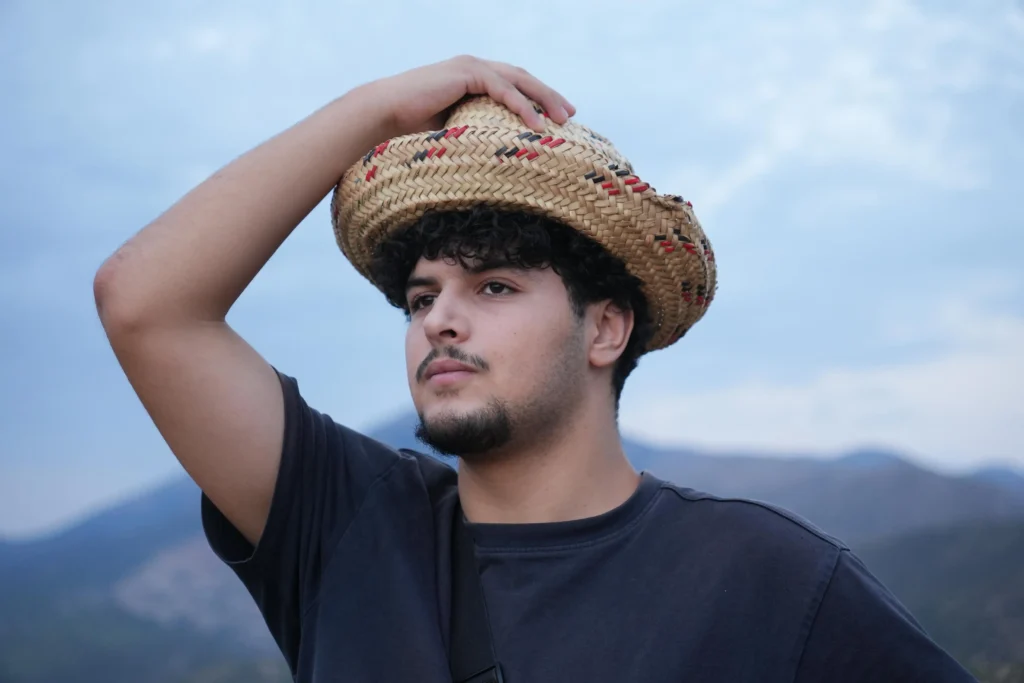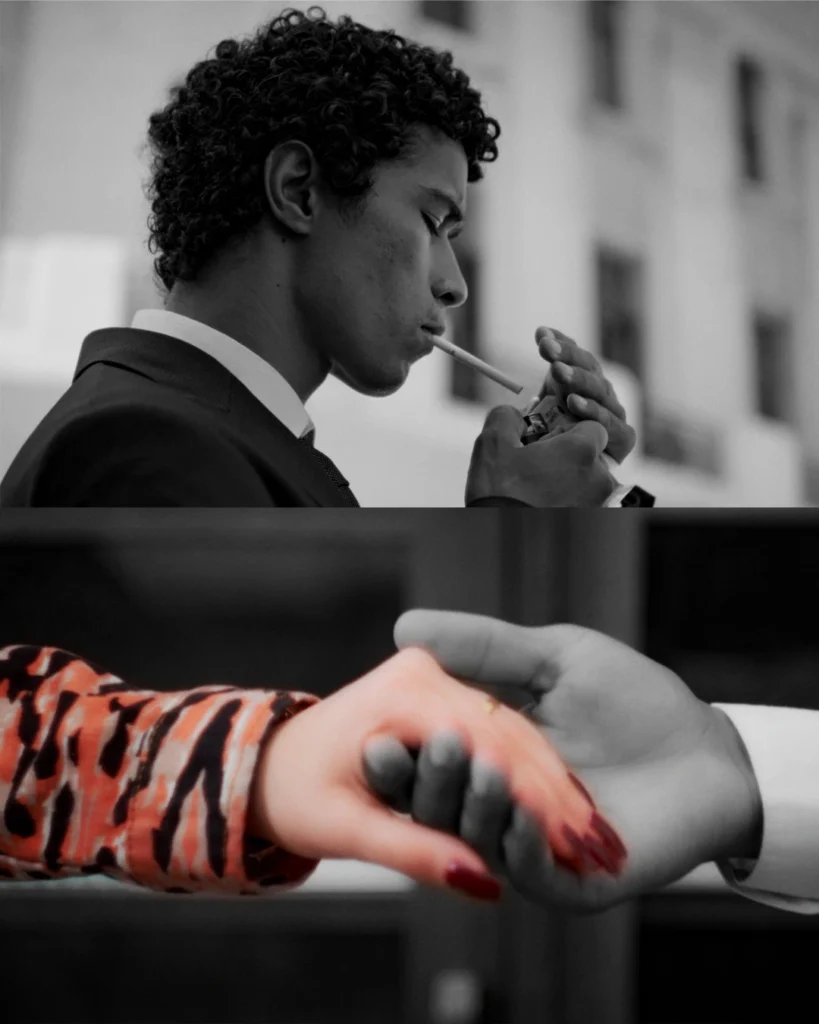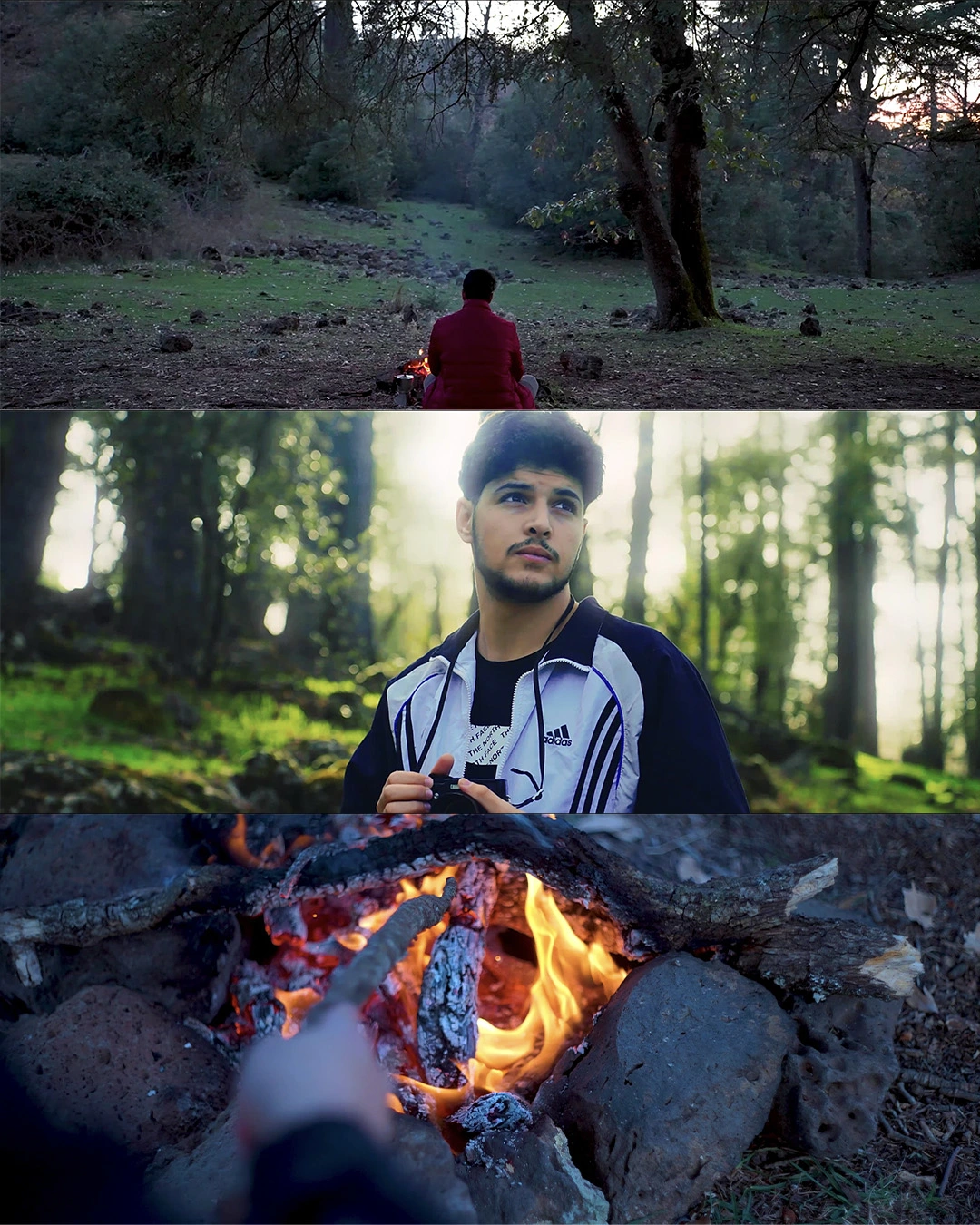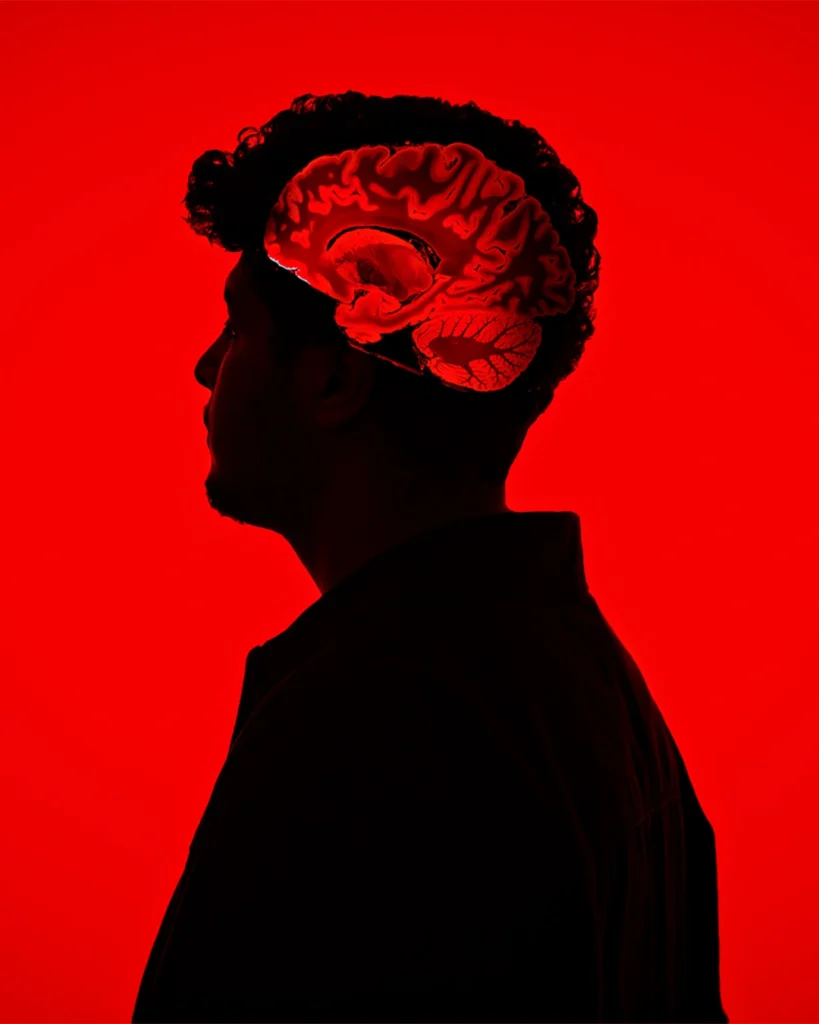ABDELBAST BOUASSILA: CHASING PERFECTION THROUGH CINEMA
Cinema has always been about more than just moving pictures; it is about moving people. Few young filmmakers embody that truth as powerfully as Abdelbast Bouassila, a Moroccan director and storyteller whose work blends imagination, emotion, and visual experimentation into unforgettable cinematic experiences. Rising from humble beginnings — childhood experiments with horror shorts and simple VFX — Abdelbast has carved out a voice uniquely his own, one that doesn’t chase trends but instead explores the limits of storytelling itself.
“I run after perfection, not to reach it, but to see how far the chase can take me,” he explains. It’s a philosophy that fuels every frame he directs. For Abdelbast, the camera is not a tool for replication, but for invention. The perfection he seeks isn’t a destination, but a pursuit — one that forces him to stretch imagination, break boundaries, and challenge audiences to feel something they’ve never felt before.
Abdelbast’s creative journey began early, long before film school or professional shoots. “I started filming as a kid, copying horror short movies with monsters and simple VFX tricks,” he recalls. Those childhood experiments were more than just playful mimicry; they were the foundation of a filmmaker discovering that cinema had the power to create entire worlds from scratch. With each homemade monster and improvised effect, Abdelbast realized the camera wasn’t just capturing reality — it was reshaping it.
That realization became the bedrock of his style:
cinema as transformation. His films, whether narrative or fashion, continue to echo the wonder of those first experiments — proving that sometimes the boldest artistry is born from simple beginnings.
In a time when short-form content often dominates attention spans, Abdelbast rejects the idea of giving audiences only “quick dopamine hits.” Instead, he builds films that resist instant gratification. “I experiment with different techniques and visuals, tell stories in unique ways, and try to make people use their imagination, not just get a quick dopamine hit from today’s algorithmic scroll loop.”
This refusal to conform to trends sets his work apart. Where others may aim for virality, Abdelbast aims for permanence. His directing style blends raw emotional storytelling with a cinematic quality that makes each project feel larger than life. The result is work that lingers, haunting and inspiring audiences long after the credits roll.
Asked what inspires him, Abdelbast doesn’t cite a single filmmaker or figure. His sources of inspiration are sprawling and fluid: music videos, films, documentaries, paintings, and daily life. “Anything that lets me extend my imagination and feel something that maybe never existed,” he says.
This openness explains the variety in his work — fashion films, cinematic shorts, experimental visuals — each medium serving as a canvas for his imagination. His inspiration doesn’t confine him; it frees him.When speaking about his favorite scenes, Abdelbast lights up with detail and passion. Two stand out in his memory.
The first is from Memories (2024), a film he co-directed with Achraf Boudhdouh.
In one striking moment, a hiker sits near a campfire and suddenly realizes he has been alone all along. In that release, everyone else seems to vanish, leaving only raw solitude and truth. The second is from a fashion film — a black-and-white world where a man lives under society’s rules until he meets a woman of pure color. She pulls him into her world, a place of limitless freedom. Both scenes, though visually distinct, carry a common theme: the discovery of raw emotion and the liberation that comes from stepping into the unknown.
What does Abdelbast hope people feel when they watch his films? The answer is simple yet profound:
“I want my films to make you feel things that weren’t supposed to exist, like glimpses of another world borrowed into ours.”
It is a mission to awaken emotions that defy definition, experiences that stretch beyond reality. In this way, Abdelbast’s cinema isn’t just storytelling — it’s world-building, a bridge between the seen and the unseen.


Undoubtedly we have no questions to ask which are unanswerable. We must trust the perfection of the creation so far, as to believe that whatever curiosity the order of things has awakened in our minds, the order of things can satisfy. Every man’s condition is a solution in hieroglyphic to those inquiries he would put.

Abdelbast Bouassila is not just a filmmaker to watch;
he is a filmmaker who makes us feel. His pursuit of perfection may never end — but in the chase, he is creating a cinematic language that is already timeless.
Check Out More Icons Around The Wolrd
